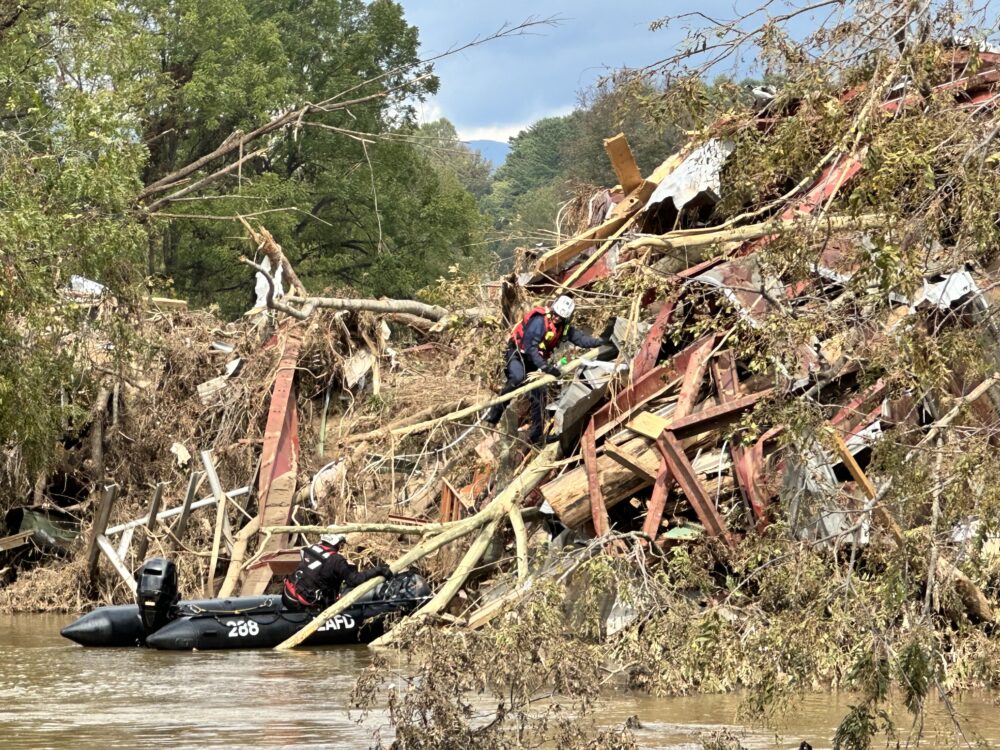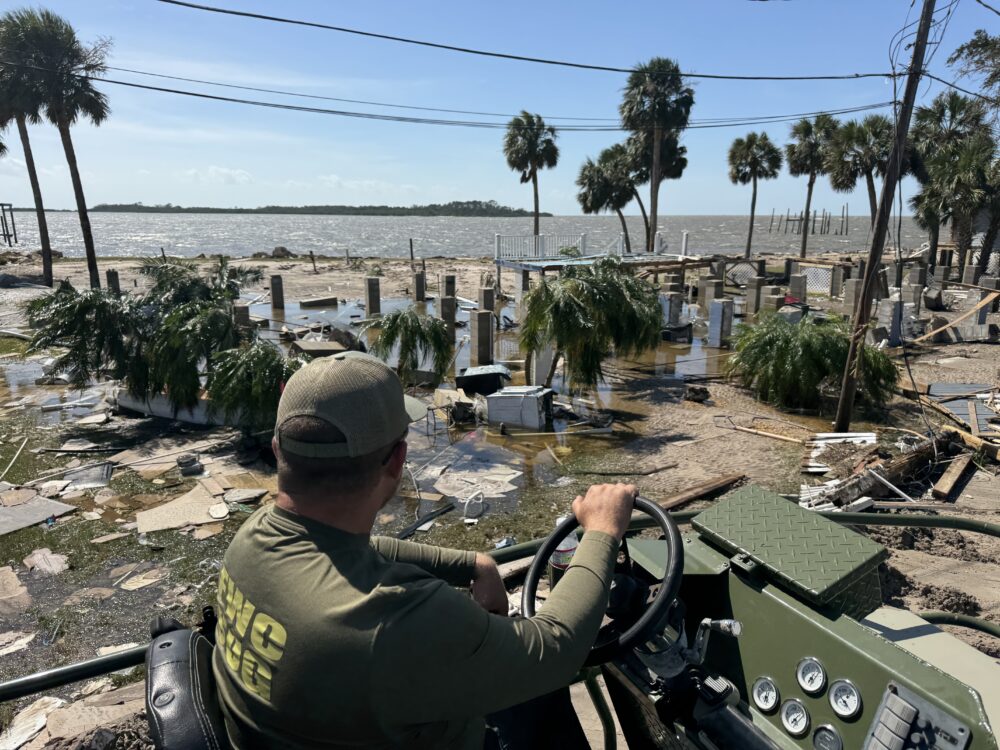We have much more to do and your continued support is needed now more than ever.
Water Resources Development Act Expensive, Damaging
 Senate set to vote on Water Resources Development Act this week
Senate set to vote on Water Resources Development Act this week
Today, spokespeople representing three different backgrounds and perspectives offered up their opinions of the Water Resources Development Act (S.601), which is scheduled for a cloture vote at noon Tuesday ET.
Download the audio of the telepresser here.
Steve Ellis, Vice-President, Taxpayers for Common Sense: “We’re opposed to the Senate Water Resources Development Act because it cedes too much power to the administration and it costs too much money. When we are looking at enormous budget deficits, we have a $16.5 trillion debt, we have got to prioritize our investments and this bill does very little of that. It also adds to the $60 billion project backlog the Corps already has.” (Mr. Ellis speaks from 1:55 to 6:38 on the audio recording.)
Melissa Samet, Senior Water Resources Counsel, National Wildlife Federation: “The bill strikes at the environment by undermining protections that have been provided by the nation’s environmental laws for four decades. … The Corps has a long and well-documented history of fundamentally flawed project studies. The Corps also has a well-recognized institutional bias for constructing large scale projects that damage the nation’s rivers, coasts and wetlands even when less damaging options are available.” (Ms. Samet speaks from 6:38 to 11:24 on the audio recording.)
Michael L Davis, former deputy assistant secretary of the Army for Civil Works and vice president at Keith and Schnars: “There’s no evidence that these types of reviews substantially slow down projects…. One of the most critical things the water resources bill can do is set some priorities for our water resources portfolio in this country. Looking at the backlog and getting rid of the things that are no longer needed or ought not to be constructed with contemporary thinking about the environment. … It is naïve to believe that you can just streamline these processes without understanding one of the real issues, which is the funding and staffing of these agencies.” (Mr. Davis speaks from 11:24 to 17:00 on the audio recording.)





















